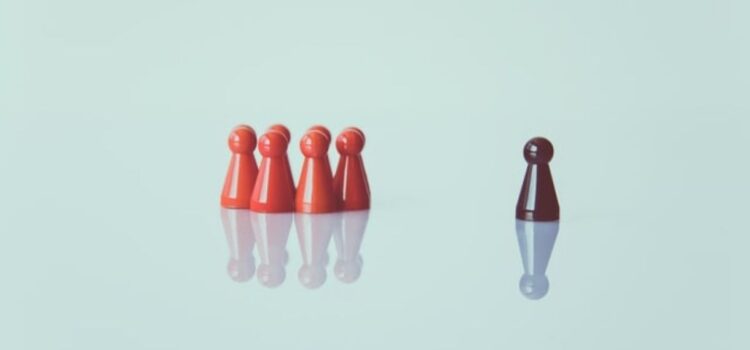Do you feel stressed out when you have too many options to choose from? Why does limited freedom actually make you happier? People tend to think that the more choices they have, the happier they’ll be. However, an abundance of choices will actually make you unhappy because you’ll always doubt the decision you’ve made. Here’s why having too many options creates a paradox.
Why Having Too Many Options Makes You Unhappy










